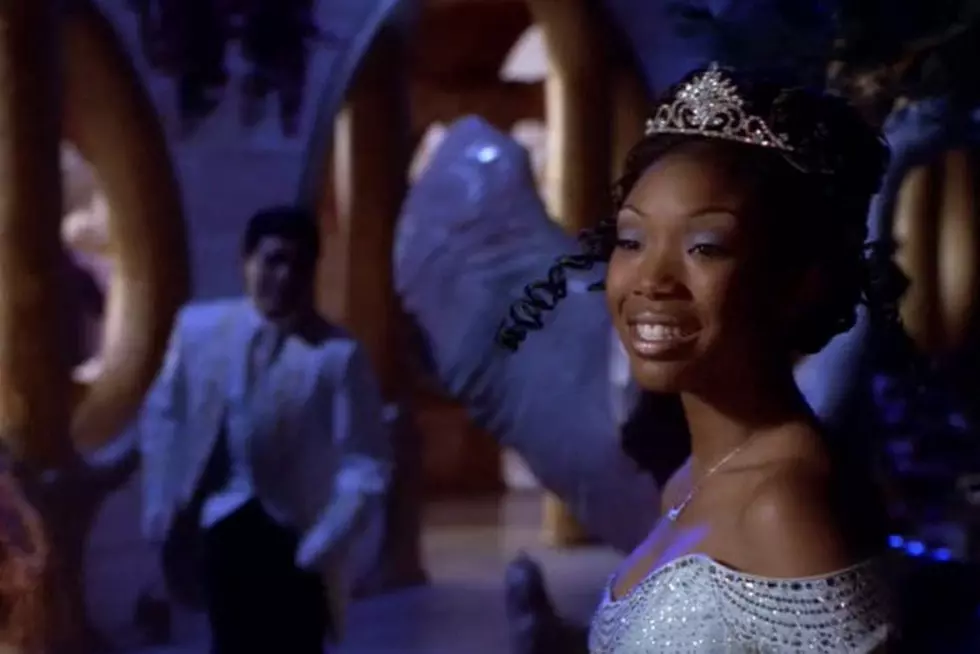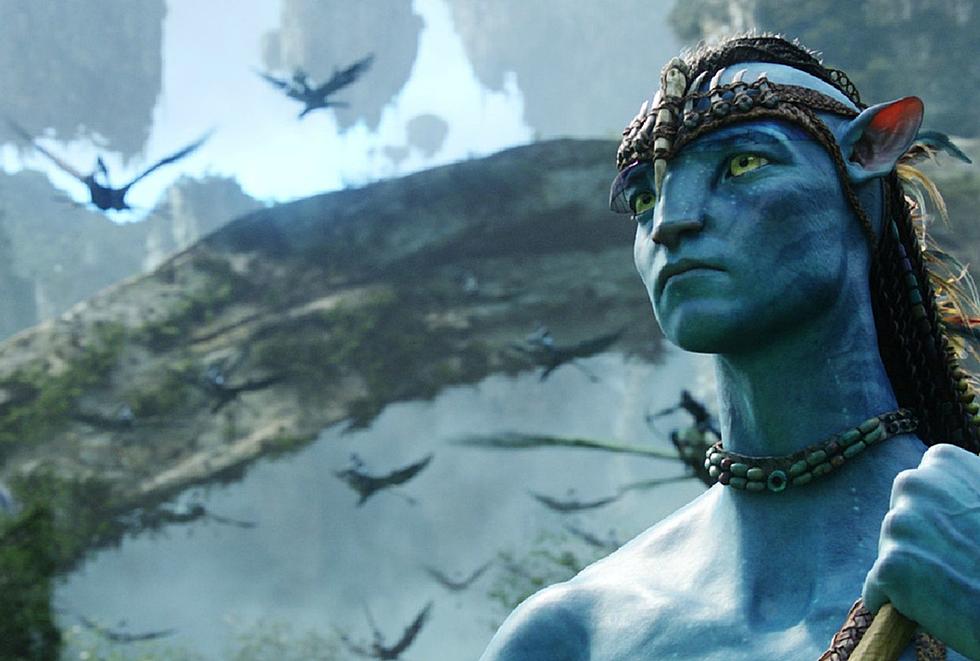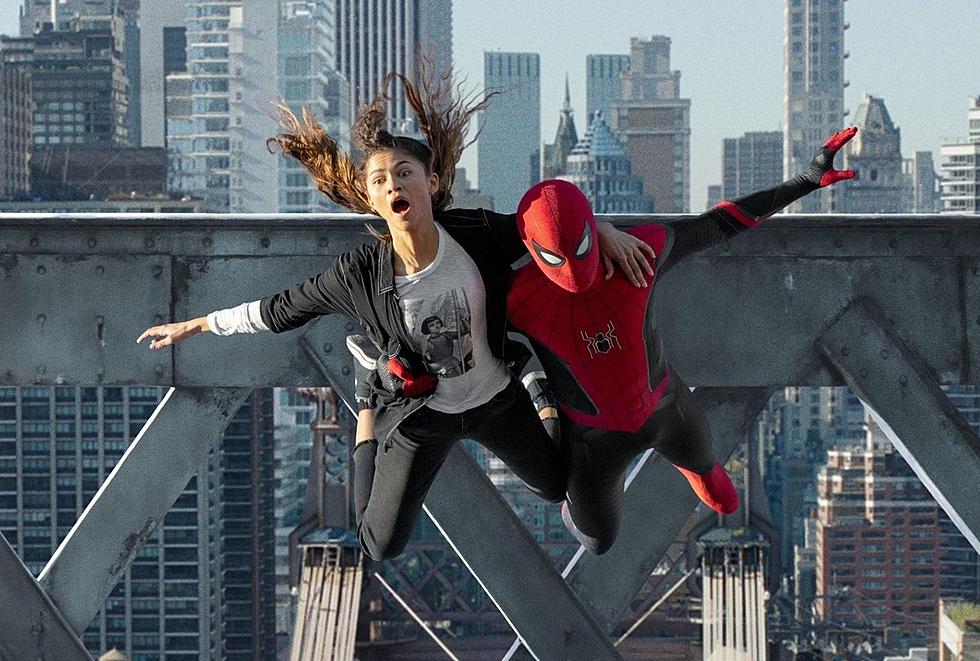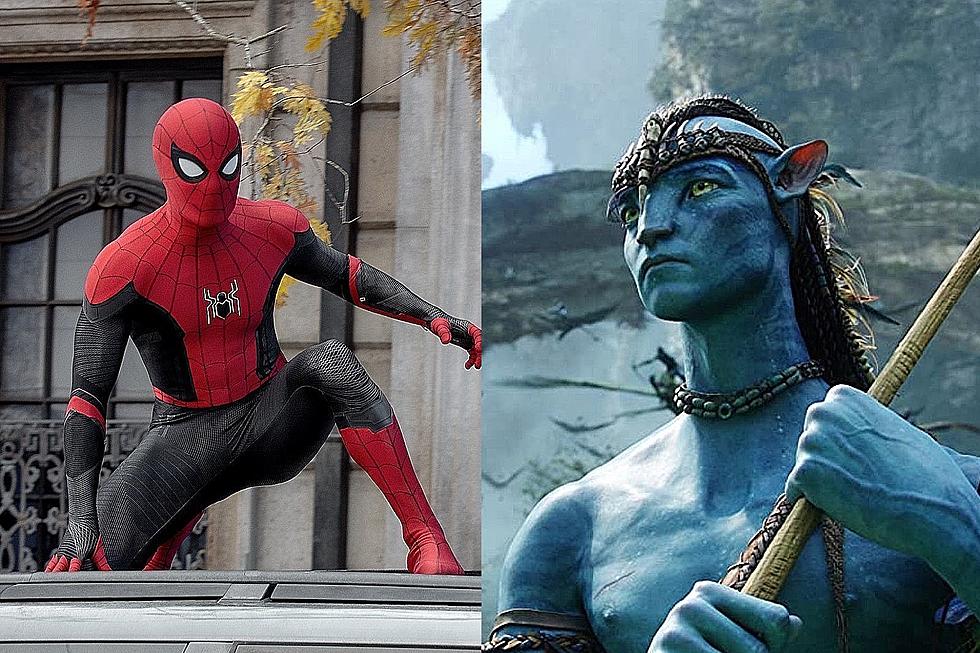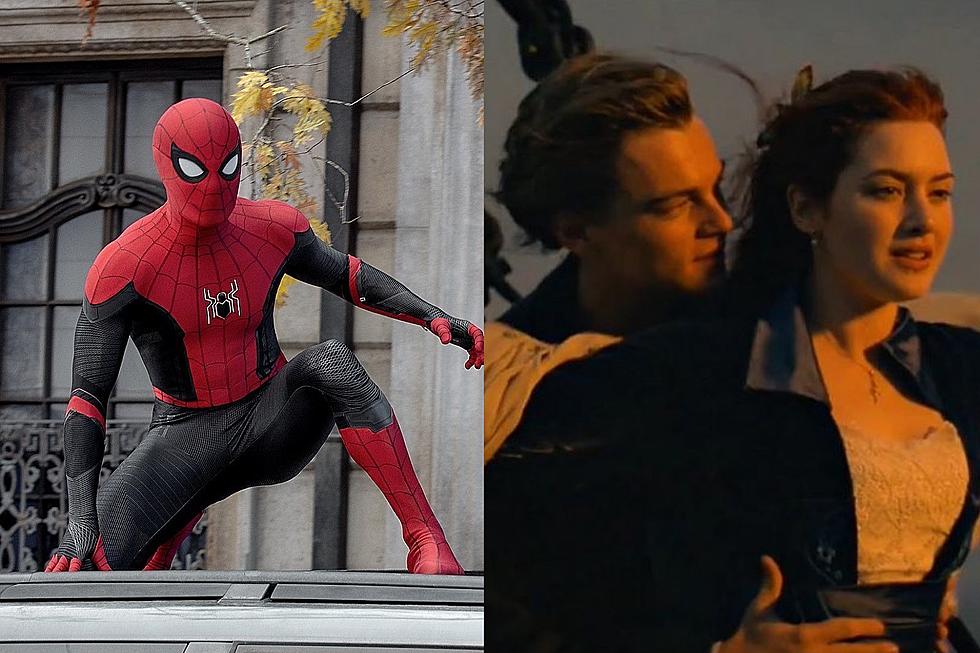
At 10 Years Old, ‘Avatar’ Remains a Fascinating Blockbuster Anomaly
Everyone made fun of James Cameron when he shouted “I’m the king of the world!” at the Oscars. But at least cinematically speaking ... he wasn’t wrong?
By the time Cameron’s Avatar ended its theatrical run in the summer of 2010, it had become the biggest film in history, grossing an incredible $2.78 billion worldwide. The previous worldwide box-office record holder was Titanic, which meant that for almost the entire decade of the 2010s, both of the biggest movies in history were directed by the same guy: James Cameron.
Avatar held the title of history’s box-office champ until Avengers: Endgame earned $2.79 billion worldwide a few months ago. This was particularly poor timing for Avatar, since it meant that the film celebrated its 10th anniversary on December 18, 2019 without its one big claim to fame. When people remembered Avatar in 2019 — if they remembered it at all — it was as a curious historical footnote; an enormous cinematic juggernaut that dominated popular culture for a brief time and then vanished with almost no trace, save for the fact that it was the #1 movie ever. Now Avatar doesn’t even have that to hang its prehensile alien braid on.
People noting Avatar’s lack of a cultural footprint is not news. In 2014, I wrote a piece for the film’s five-year anniversary about how the movie — at that point still the largest box-office smash in the known universe by an obscene margin — had basically disappeared from the collective conversation. The end of the piece warily anticipated a franchise revival on the basis of a then-upcoming Avatar-themed area in Walt Disney World and the first of three planned Avatar sequels, which was expected in theaters in the winter of 2016.
Disney’s Avatar land, officially known as “Pandora: The World of Avatar,” opened in May 2017 and became an enormous smash, boosting attendance at Disney’s Animal Kingdom park by 15 percent in its first year of operation. It continues to regularly boast the longest average wait time of any Walt Disney World attraction, despite the fact that Avatar 2 never arrived. It’s now supposedly due in theaters on December 17, 2021, at which point it will inaugurate an entire quadrilogy of Avatar sequels over the next six years.
Every additional delay or non-update from the set of the Avatar sequels — Cameron has been filming and motion capturing them for over two years — is greeted with scorn and mockery on social media, along with a general sense of disbelief that Fox (now Disney) is going to pump out four more sequels to a film that a lot of people have forgotten and many claim not to have liked in the first place. Who’s going to see all these movies?
My guess is many of the same people who went to see the first Avatar and made it the highest-earning film of all time to that point. Many cinephiles associate release delays with doomed movies, and in some cases, they are correct. Not with James Cameron. Titanic was supposed to open in the summer of 1997 and was pushed back to the holiday season of that year because of the size and complexity of the production. Avatar suffered a similar delay, moving from May to December of 2009 to accommodate for a grueling post-production schedule and a theatrical industry that was just beginning to expand its 3D capabilities. A lot of observers wrote those movies off before they were released, too. We know how that turned out.
Love or hate the original Avatar, it remains a true blockbuster anomaly. A decade later, it’s still the last original live-action movie to gross $1 billion at the worldwide box office. (The only original movies of any kind to make that much money in the 2010s are Disney’s Zootopia and, if you’re feeling very generous [or very dismissive of Hans Christian Andersen], Frozen.) In a landscape dominated by remakes and sequels and stuff based on other preexisting stuff, it stands alone — the weird, idiosyncratic, and sometimes deeply contradictory vision of one innovative filmmaker speaking from his heart about the conflict between the natural and technological worlds.
Just as I did when I revisited it for its fifth anniversary, Avatar at 10 is far from perfect — and yet somehow better for its imperfections, because they represent the quirky, crunchy parts of the story that would have been smoothed over in a movie made by committee instead of one of the two or three most powerful filmmakers on the planet. The film is long and sometimes seems more interested in the weird alien creatures of Pandora than in its human and Na’vi characters. It also suffers during home viewings for the lack of 3D it was originally conceived to show off. Yet even on a small screen, the imagery is truly beautiful. The story, simple and familiar as it is, is a classic tale of good and evil, with one really strong performance. (Stephen Lang, who plays the menacing human colonel, Miles Quaritch.) And the whole notion of going into this dark place, stepping out of your own body and entering another, taps into the fantasies and voyeurism at the heart of all moviegoing.
Did Avatar leave an enormous impact? No. But the further from Avatar I get, the more I become convinced that the fact that it has been kind of forgotten is, if not a good thing, then at least a refreshing one. If anyone other than James Cameron had made Avatar, Fox and now Disney would have exploited it to an inch of its life by now. There would be at least two or three sequels, and perhaps even a TV show. In 2020, someone would likely be working on the first Avatar reboot, rather than the first sequel.
As I wrote for the film’s fifth anniversary, Avatar “isn’t a brand; it’s a movie, perhaps one of the last that will ever be made of its scale and scope.” Five years later, as cinematic universes spread (and become TV universes too), that statement feels more accurate than ever. And it does strike me as a little odd that many of the people who takes shots at Avatar are the same ones who like to complain about the lack of originality in large-scale filmmaking.
Maybe it’s the ongoing conversation around the disappointing Star Wars: The Rise of Skywalker — along with the murmurs that that movie was rushed into theaters on an impossible timeline to hit a preordained release date — but the Avatar delays actually make me more excited to see the sequels. Each one means James Cameron is taking the time to make exactly what he wants to make. Whenever he does that, interesting things tend to happen.
Gallery — The Best TV Shows on Disney+:
More From 97.5 NOW FM



